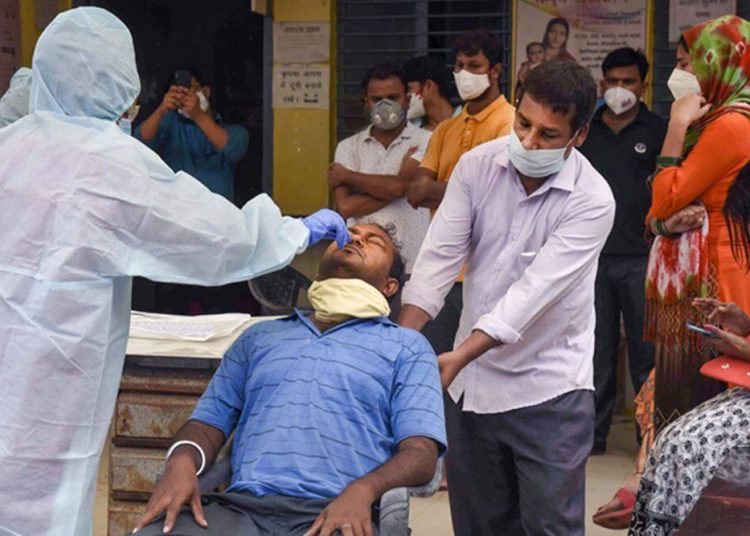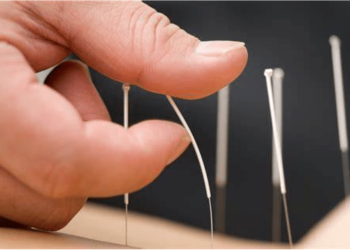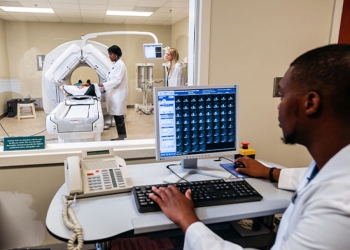The Election Commission’s ongoing assessment of preparedness, as well as its plans to allow election rallies with appropriate precautions, appear unaffected by a bail order issued by the Allahabad High Court on Thursday, which suggested the Election Commission and Prime Minister Narendra Modi consider deferring the upcoming assembly elections in light of the Omicron threat.
The Election Commission, on the other hand, is not taking any chances and has scheduled a meeting with health secretary Rajesh Bhushan on December 27 to discuss the Centre’s assessment of the Covid situation in the wake of developing Omicron instances and containment efforts.
You might also be interested to know that Omicron threat on mind, poll panel firms up Punjab action plan
Bhushan said at a news conference on Friday that specific rules on how cases should be monitored and actions are taken based on factors like bed occupancy and positive rates have been sent to district and state administrations. He added it would be inappropriate for the health ministry to discuss the high court’s comments or the European Commission’s expected course of action during a press conference.
According to sources, the Commission aims to follow its constitutional obligation of organizing elections in a state before the current assembly’s term expires. The Goa assembly’s term ends on March 15, and according to the Election Commission’s constitutional mandate, polls must be completed before that date, leaving enough time for the formation of the administration. Because all five statistics polls will be combined for logistical purposes, polling for all of them must be finished by March 15. According to a senior Election Commission official, the Commission has already taken Covid’s concerns into account when planning the 2018 elections, reducing the number of votes per polling station to 1,200 instead of the customary 1,500.























